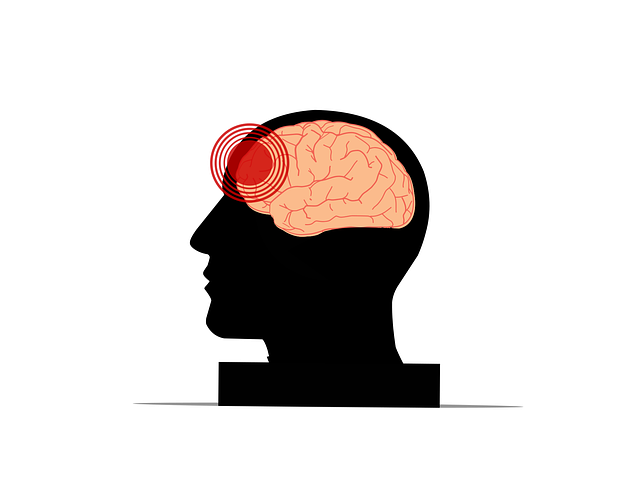
Contents
What Is HIV/AIDS: Signs, Symptoms, Prevention, Treatment and Health
HIV stands for Human Immunodeficiency Virus and AIDS stands for Acquired Immunodeficiency Syndrome. HIV is a virus that attacks the body’s immune system, weakening it and making it vulnerable to other diseases. AIDS is a group of symptoms that someone with HIV may develop and one of the most severe forms of the virus. Anybody can contract HIV and AIDS, although high-risk groups — such as those who use intravenous drugs, have multiple sex partners, and have unprotected sex — have a greater chance of developing it.
Signs and Symptoms
Understanding the signs and symptoms of HIV and AIDS can help with early diagnosis and treatment. Symptoms of HIV typically include:
- Fever
- Enlarged lymph nodes
- Sore throat
- Rash
- Headache
- Muscle aches
- Nausea and vomiting
The symptoms of AIDS can vary greatly depending on the individual and their background, but some common signs to look out for are:
- Weight loss
- Fatigue
- Coughing
- Fever
- Diarrhea
- Chills
- Swollen glands
Prevention and Treatment
The best way to prevent HIV and AIDS is to practice safe sex, abstaining from sex entirely or using barriers such as male/female condoms, oral dams or dental dams. It is also important to use clean needles or avoid intravenous drug use.
If you think you have come into contact with HIV, it is important to get tested so that if necessary, you can start prompt treatment. During an HIV test, a healthcare professional will take a sample of blood or saliva and send it to a laboratory for testing. If the test comes back positive, your healthcare provider will prescribe antiviral medication that can help to keep the virus from spreading and cause the infection to go into remission.
Health Concerns
It’s important to remember that although HIV and AIDS can weaken the immune system and make it more vulnerable to other illnesses, it’s possible to live a long, healthy life with the right treatment. Proper nutrition, regular medical care, and the correct use of antiviral medication are all essential components of managing HIV and AIDS. It’s also important to follow through with care and treatment regimes prescribed by your healthcare provider to ensure maximum health.
